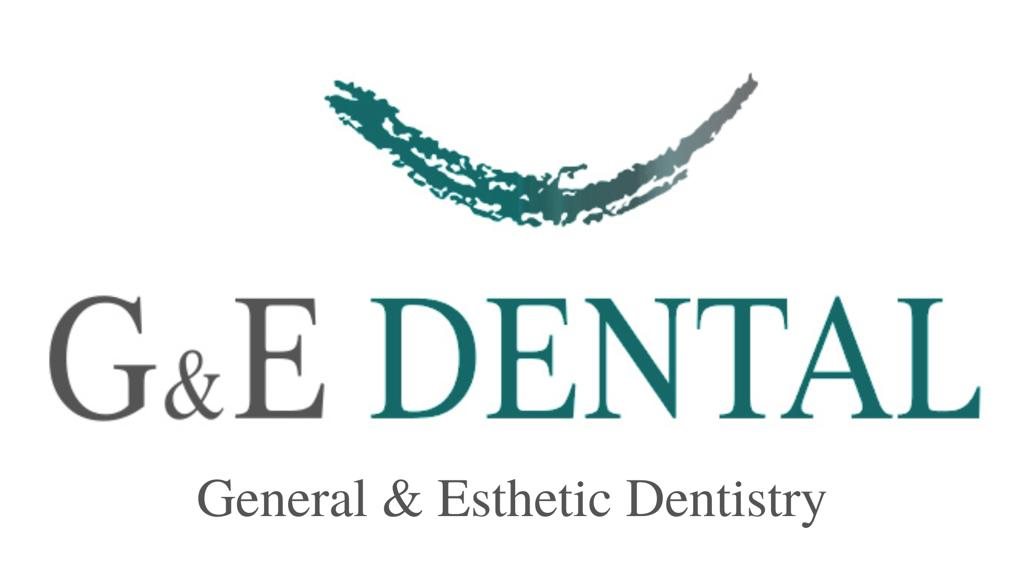IV Sedation
The team at G & E Dental is dedicated to ensuring you have the best possible experience when you visit us. If you are nervous about your dental treatment we can offer IV Sedation. IV sedation induces a state of deep relaxation and a feeling of not being bothered by what’s going on.
How is IV Sedation given?
IV Sedation is short for “Intravenous Conscious Sedation” meaning that the drug is put into a vein. An extremely thin needle is put into a vein close to the surface of the skin in either the arm or the back of your hand. This needle is wrapped up with a soft plastic tube. It makes the entry into the vein, then is slid out leaving the soft plastic tube in place. The drugs are put in through that tube (which is correctly referred to as an “indwelling catheter”, but more commonly known by the tradename of Venflon). The tube stays in place throughout the procedure.
What are the main advantages of IV sedation?
IV sedation tends to be the method of choice if you don’t want to be aware of the procedure – you “don’t want to know”. The onset of action is very rapid, and drug dosage and level of sedation can be tailored to meet the individual’s needs IV sedation is both highly effective and highly reliable. Unlike General Anaesthesia or Deep Sedation, conscious IV sedation doesn’t really introduce any compromises per se in terms of carrying out the actual procedures, because people are conscious and they can cooperate with instructions.
I am booked for a IV Sedation Procedure what do I need to know?
Before your procedure:
- Organize someone to escort you TO and FROM you appointment.
- Please report details of any drugs being taken, especially sleeping drugs, tranquillizers or cortisone preparations.
- NO FOOD 4 hours prior to appointment time.
- NO FLUIDS 1 hour prior to treatment.
- Wear loose comfortable clothing.
- Contact lenses are best removed before appointment
- Please visit the toilet prior to appointment.
After your procedure
- Go home and rest under supervision.
- DO NOT drive any vehicle or sign documents until the following day.
- DO NOT consume alcohol until the following day.
- Post operative dental treatment instructions will be given to your supervisor.







